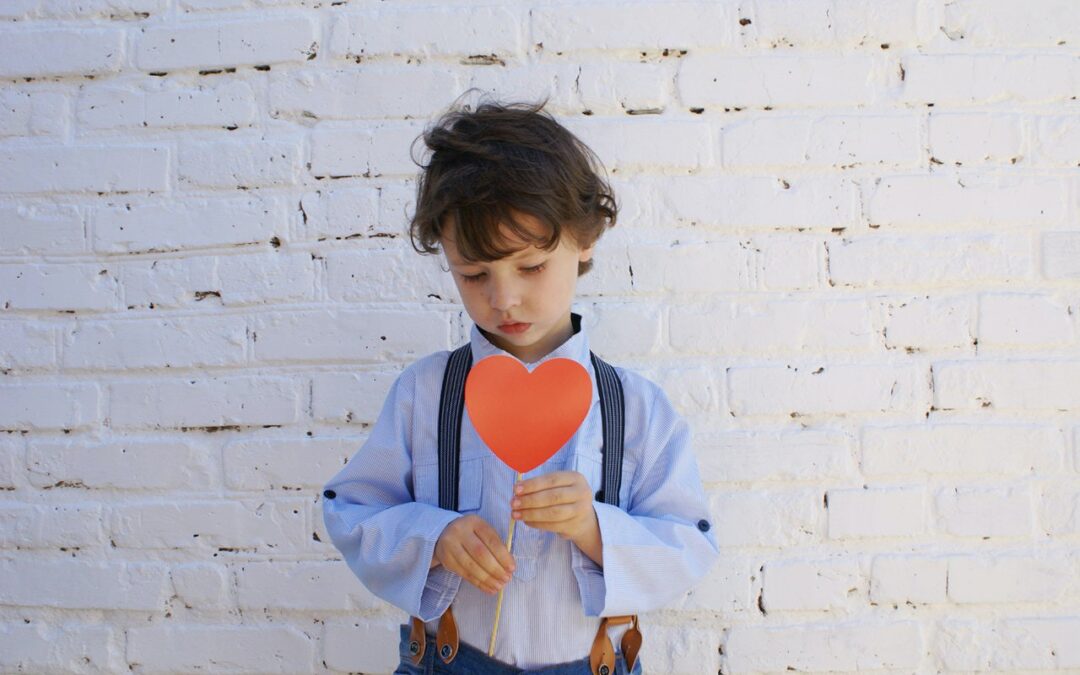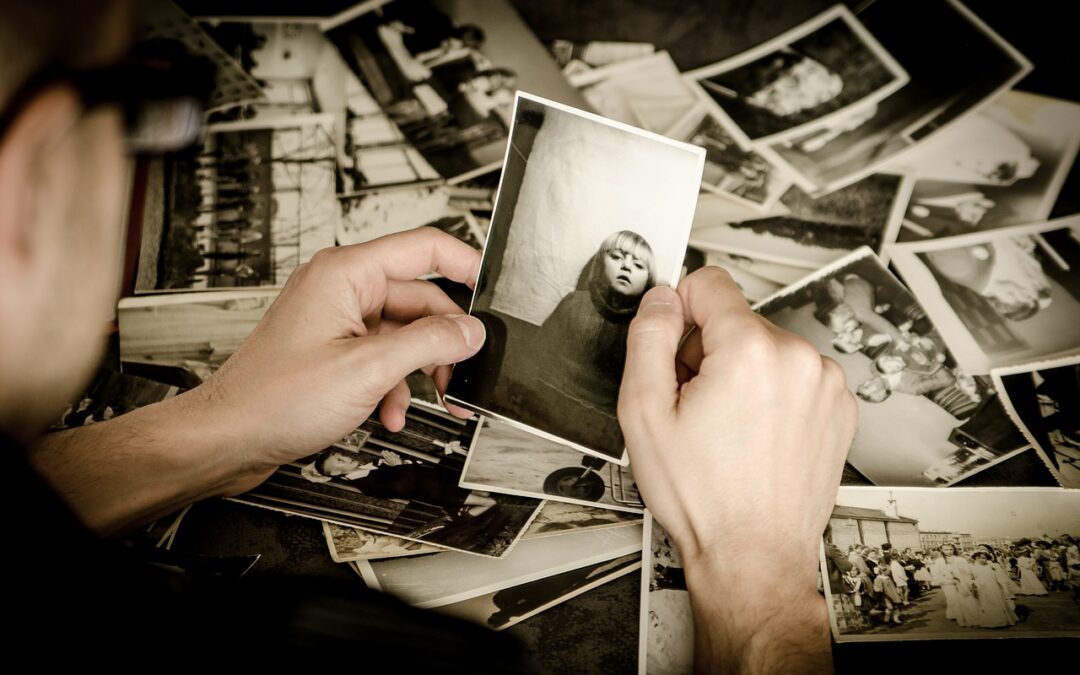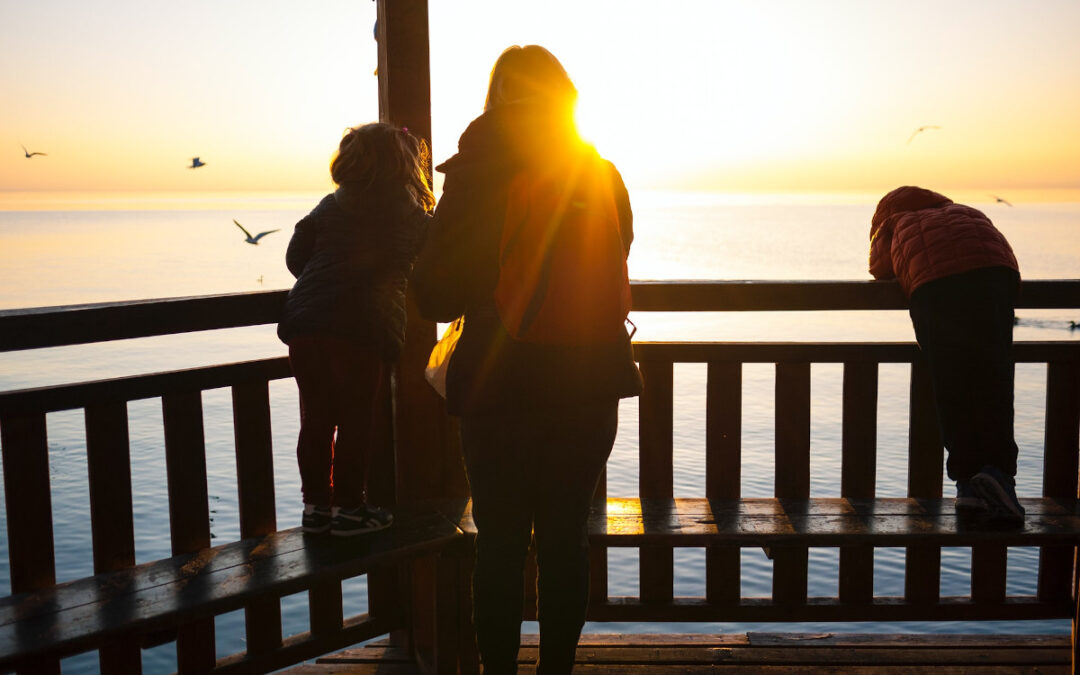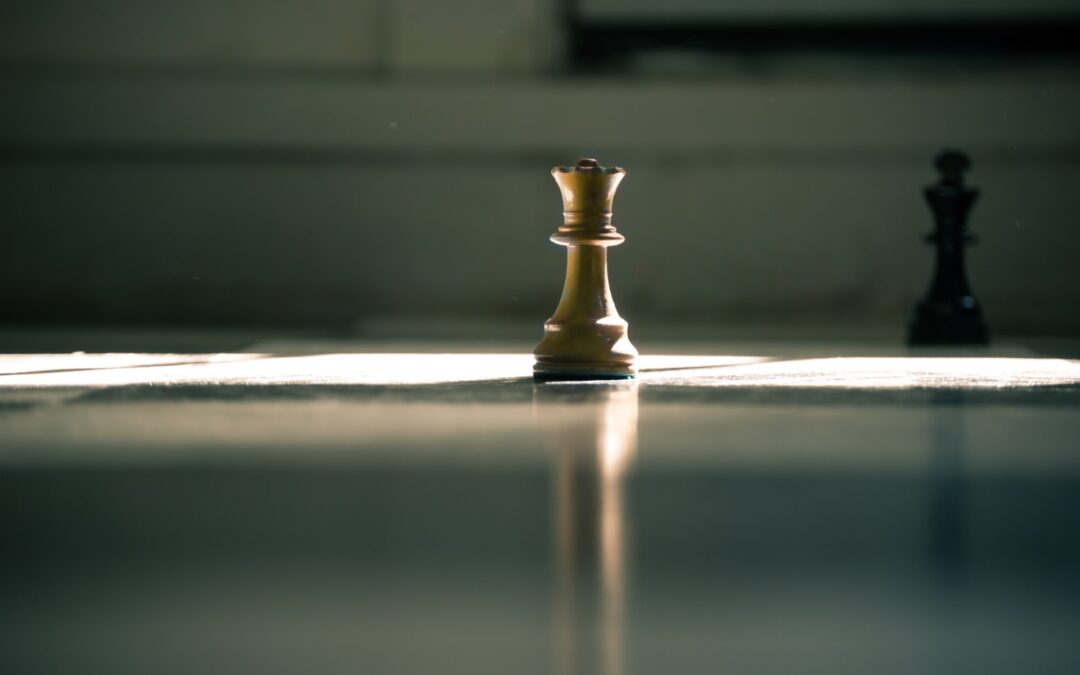Humans seem to love groups. There must be something primal about wanting to find similarities we share with others. Is it because we want to feel like we belong somewhere? Maybe it makes us feel safe?
Whatever the reason, it creates a sense of “us vs. them.”
Having an “us vs. them” mentality can be both good and bad. Good when it creates a bonding experience and develops closer, stronger relationships for those within the group. Bad when it promotes discrimination or exclusionary practices. Some of the time, we have the opportunity to choose what groups to associate with. We can also usually decide to leave those groups when they no longer fit us.
Sometimes though, belonging to a group that separates “us vs. them” is not chosen, but forced upon us due to circumstance.
And there are some circumstances that simply cannot be undone. In those cases, we are subjected to an “us vs. them” reality that we cannot escape from.
In my case, and for many others, the death of my child was the circumstance that forever trapped me in an “us vs. them” world I wish I wasn’t a part of.
For the majority of my life, I was in the “them” world. Blissfully ignorant of the depths of pain the death of a child brings. Not to say my life was always easy and problem free – far from it. But the balance of nature was still intact. I was happily raising four children, and motherhood was the greatest source of joy in my life.
When my 4-year-old daughter died in 2009, I was suddenly thrown out of the world I once knew. My husband and I were now trapped in a group of two: the parents of our dead daughter, Margareta.
Now, I’ve heard many people hear of my circumstance and tell me, “I can imagine how horrible losing a child must be.” And they’re right…they can imagine.
But imagination is very different from experience. Imagination is safe. It has limits. You can leave it whenever you want.
Actual experience is not so fleeting or forgiving. Once you have experienced a horror so deep and so primal, there is no escaping it. Ever. You may be able to lessen the pain, but you can never make it fully go away. It becomes your constant companion.
Let’s look at another example. We hear stories of soldiers wounded, maimed, and killed on a regular basis. So regular, unfortunately, we’ve become numb to the horror of it. I can imagine what it must be like. I have a huge source of movies, documentaries, and news stories that depict these horrors in great detail.
But until I am actually in the position of fighting for my life, looking down the barrel of a rifle, making the decision to kill or be killed, riding in a vehicle with the unimaginable fear of whether it will run over an IED and be blown up, or seeing my friends and fellow soldiers die next to me…I will never really know what it is like to be in their situation. The same can be said for losing a child.
Once you find yourself in this “us vs. them” world, many are compelled to seek out others in the “us” category.
We want to know others who have actually lived to survive this unbearable pain. We want to be able to share our fears and feelings with someone who has had the same experiences as us. It doesn’t necessarily matter that their child died at a different age or in a different circumstance. It makes us feel less alone; less alienated from a world we once lived in but no longer belong to.
I’ve seen many of “us” knowingly push ourselves further away from “them” because of the hurt, frustration and anger “they” can unknowingly cause us. Having only imagination as their resource, “they” can say things they think are helpful and supportive. But are received by “us” as hurtful and insensitive. “They” often want to see us integrated back into the world we once knew. To get back to being the person we once were. But we see this as further proof that they simply cannot understand what it is like to be “us”. It makes us feel further isolated and alone.
While it might be tempting to stay completely isolated and alone and have no further contact with “them”, it is completely unrealistic and unhealthy. So where can we once again find common ground between “us vs. them”?
First, we can practice patience and compassion. I know this is easier said than done when you feel you are being crushed by the overwhelming weight of grief. But you need to remember that we were once “them”.
Once upon a time, we didn’t know the right words to say and probably said many insensitive things unintentionally. We didn’t always know how to act around someone whose overwhelming pain made us nervous and uncomfortable. Our actions probably made them think we were indifferent to their pain, despite our best efforts.
Once you’ve remembered that we were once “them” and how it felt, you can educate those around you on ways they can better support you.
If they don’t know what to say or how to act, then teach them. Let them know when their words hurt (and why) and what you’d rather hear instead. Tell them what they can do for you to help lighten your load. For their sake, be as specific as you can. Remember that many of these people love and care for you, and are likely to appreciate the opportunity to better support you and be open to taking direction from you.
If, for some reason, some of them are not receptive to feedback and remain unhelpful and hurtful, then you have the right to distance yourself from them. Remember that you are in survival mode, and it likely takes every ounce of your energy just to make it through each day in one piece. Your focus – whether they like it or not – will likely need to be on you, your health and well-being for now. Further down the road, and once you are better able to handle your new reality, you can revisit your relationship with them. It’s never too late to try to heal broken relationships.
Ultimately, life will always be some level of “us vs. them”. The best we can do is look for ways to balance the need to find others like “us” while finding compassion and common ground with “them”.
The more love and support we can welcome into our lives – whether it comes from us or them – the further down the path of healing we will travel.







 This website was inspired by the memory of Margareta Sol Kubitz in hopes of helping others work through the pain of grief.
This website was inspired by the memory of Margareta Sol Kubitz in hopes of helping others work through the pain of grief.